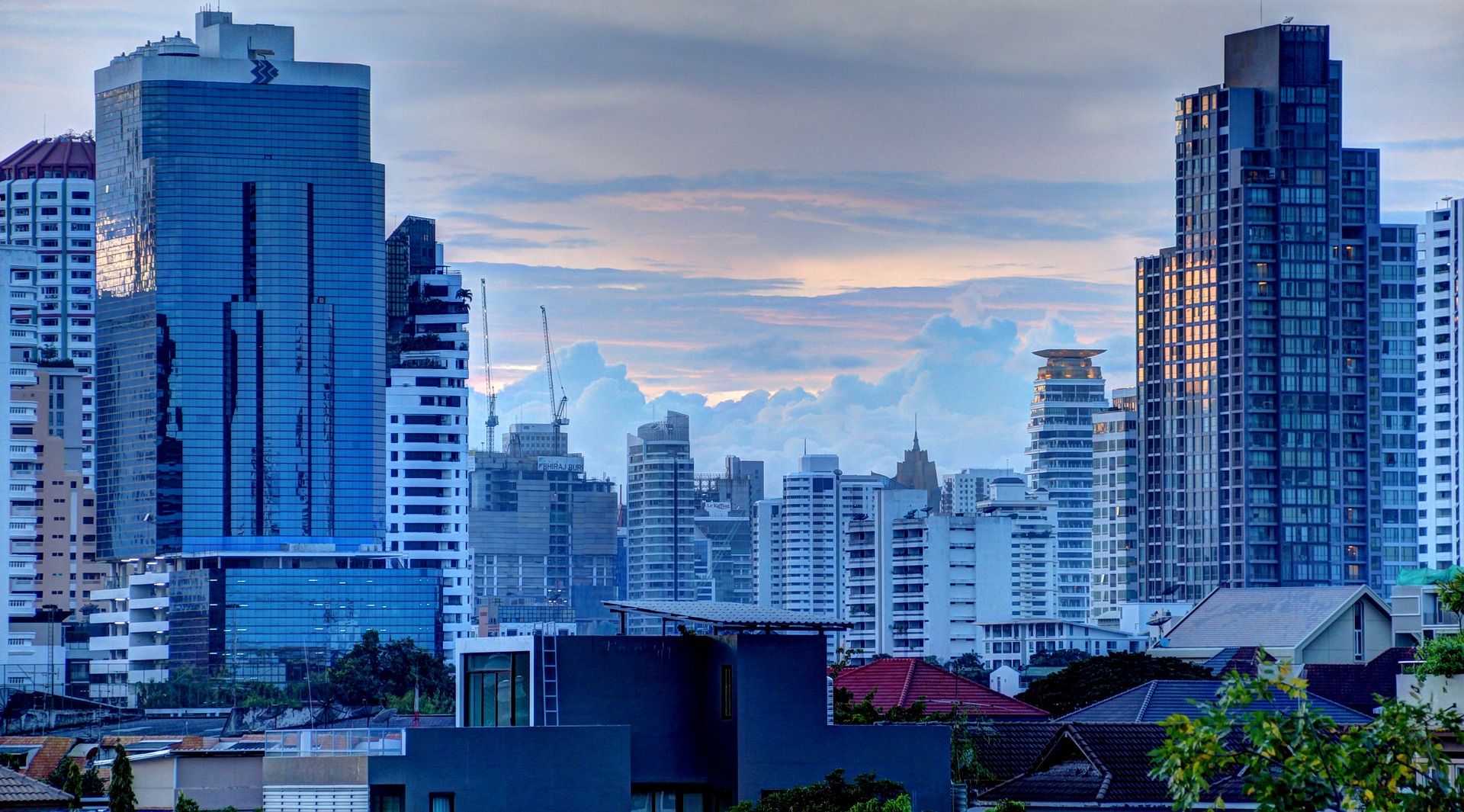Building smart and historically rich cities: Welcome to Bangkok's Fort Mahakan

With the rush to create “smarter” urban spaces, sometimes cities with rich cultural and historical heritage risk losing those qualities that are unique to city spaces that have been around for a while. Striking a balance between developing urban spaces and preserving local cultural/historical heritage therefore requires the involvement of communities themselves. You can see this unique balance in the heart of Bangkok.
Most of Bangkok’s Fort Mahakan community have been living in their original homes for decades, many their entire lives. Originating in the 1800s as a residential area for Thai aristocrats and their servants, Fort Mahakan’s residents celebrate their heritage by putting up posters and newspaper clippings, informing visitors of their houses’ past. Yet Bangkok’s local government, the BMA, has been trying to dislodge them since 1974 in order to build a public park.
A truly unique society, Fort Mahakan is a living, breathing piece of Bangkok’s history. Residents have tried to work with the BMA, suggesting that the community take care of the proposed park and act as a cultural tourism destination. In order to achieve this, they have organised themselves into a ‘Living Heritage Museum’. Volunteers and locals have used university research in order to create 26 plaques, each shedding light on a building’s particular past.
Many households focus on Thai arts and crafts, especially the manufacture of hand-painted birdcages and traditional ‘Por Gae’ hermit figurines worshipped by masseuses. Another proud tradition is the ‘Likay’ comedy theatre, which is a form of folk musical drama originally created by aristocrats for their servants.
Despite the deadline for eviction passing, the community still has reason to be optimistic. According to local representatives, BMA officials have expressed their positive impressions of the transformed community after visiting the project. However, the decision to revert the eviction order is up to the central government. If that happens it could set a standard for other future partnerships to develop our cities in an organic and harmonious fashion.